Teaching can present different needs and challenges at different stages of a course. Since teaching is an iterative process, we conceptualize the process in a cycle, as illustrated below. To find resources that can be useful in a particular course stage, use the “Teaching Cycle” filters below. In addition, the “Foundations” category offers resources that are essential for developing knowledge and practices of inclusive teaching. Alternatively, search resources by using the “Topics” filters.
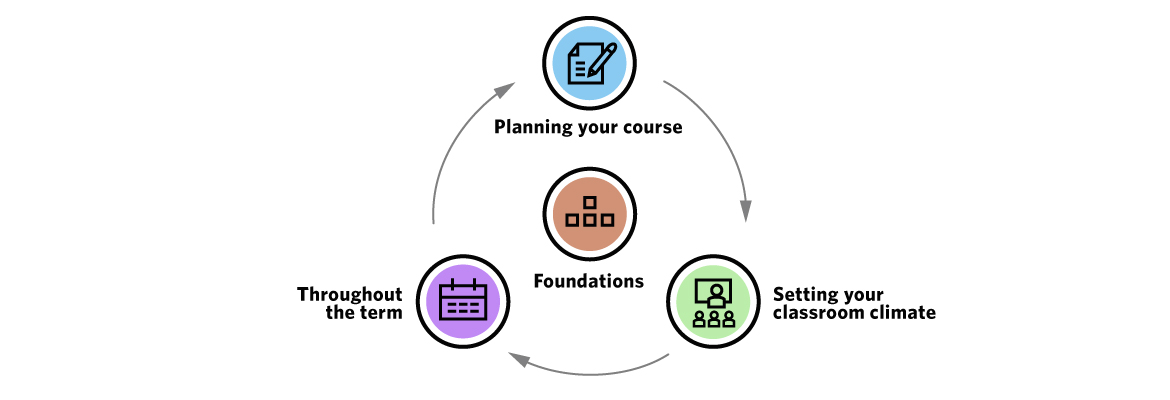
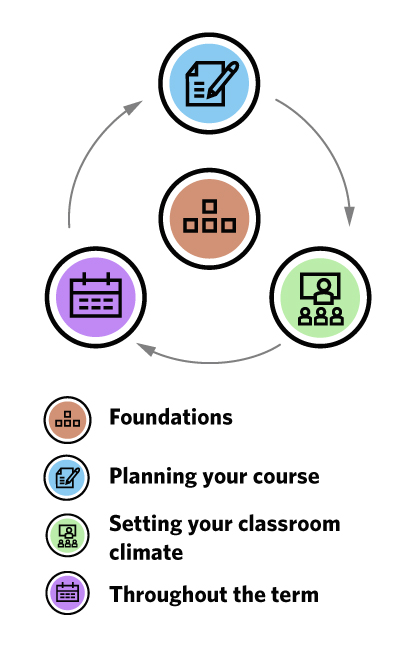
Filter by
Teaching cycle
Topics

This asynchronous course will help you explore the foundational terms, concepts and resources related to Inclusive Teaching at UBC. This course is for anyone who teaches at UBC and who is looking for an introduction to inclusive teaching practices.

The resources explore how knowledge gaps, social location and histories of place affect and inform learning. They were created based on collaborative, ethical, evidence-based, and reciprocal research and educational resource development informed through engagement with local Indigenous communities and scholars across different disciplines.
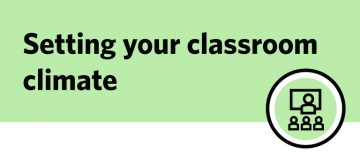
This document is intended to offer some first steps toward thinking about how equity and inclusion can inform online classroom interactions in order to establish and uphold standards of equity, diversity and inclusion (EDI) in online courses
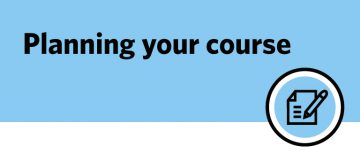
This resource explains key considerations to help your online teaching—synchronous or asynchronous—be accessible and inclusive. The information is not meant to be an exhaustive or fixed list of things you must do, but rather provides guidance to help you design and deliver courses so that all students can engage.
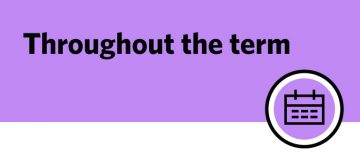
Read this handout to learn how to recognize and address microaggressions in your classroom, to create a respectful learning environment.

This handout guides you in creating a more inclusive syllabus with a learner-centered approach, which focuses on the needs of students by acknowledging their various learning preferences, accessibility needs, perspectives and lived experiences.
